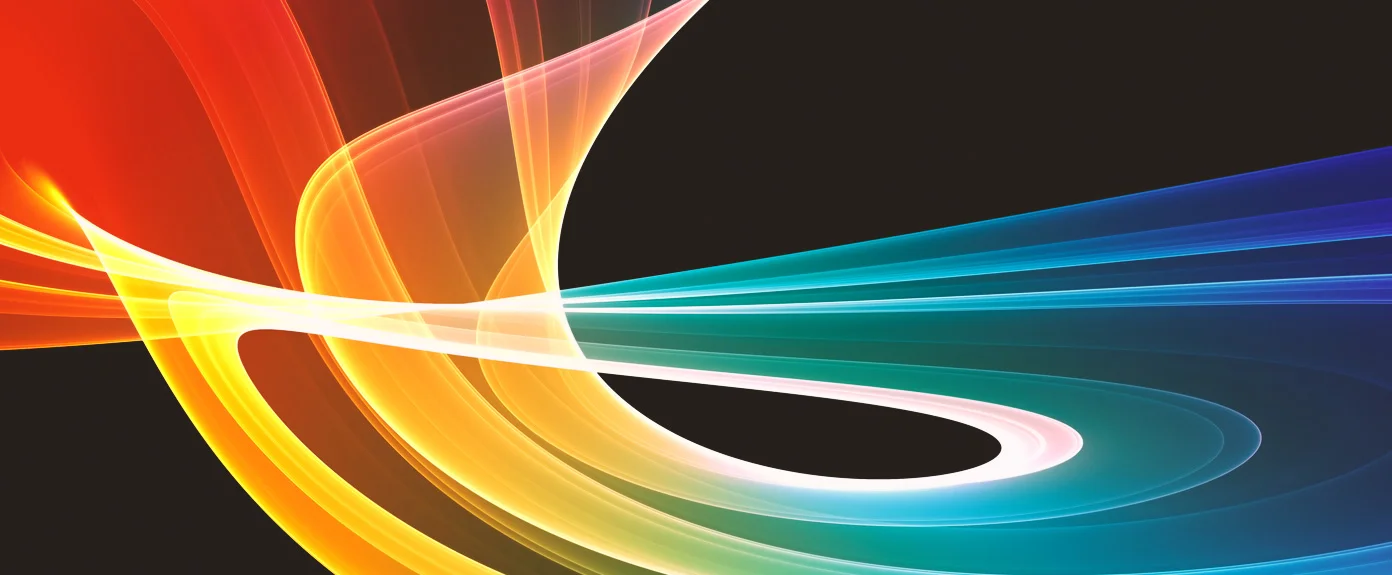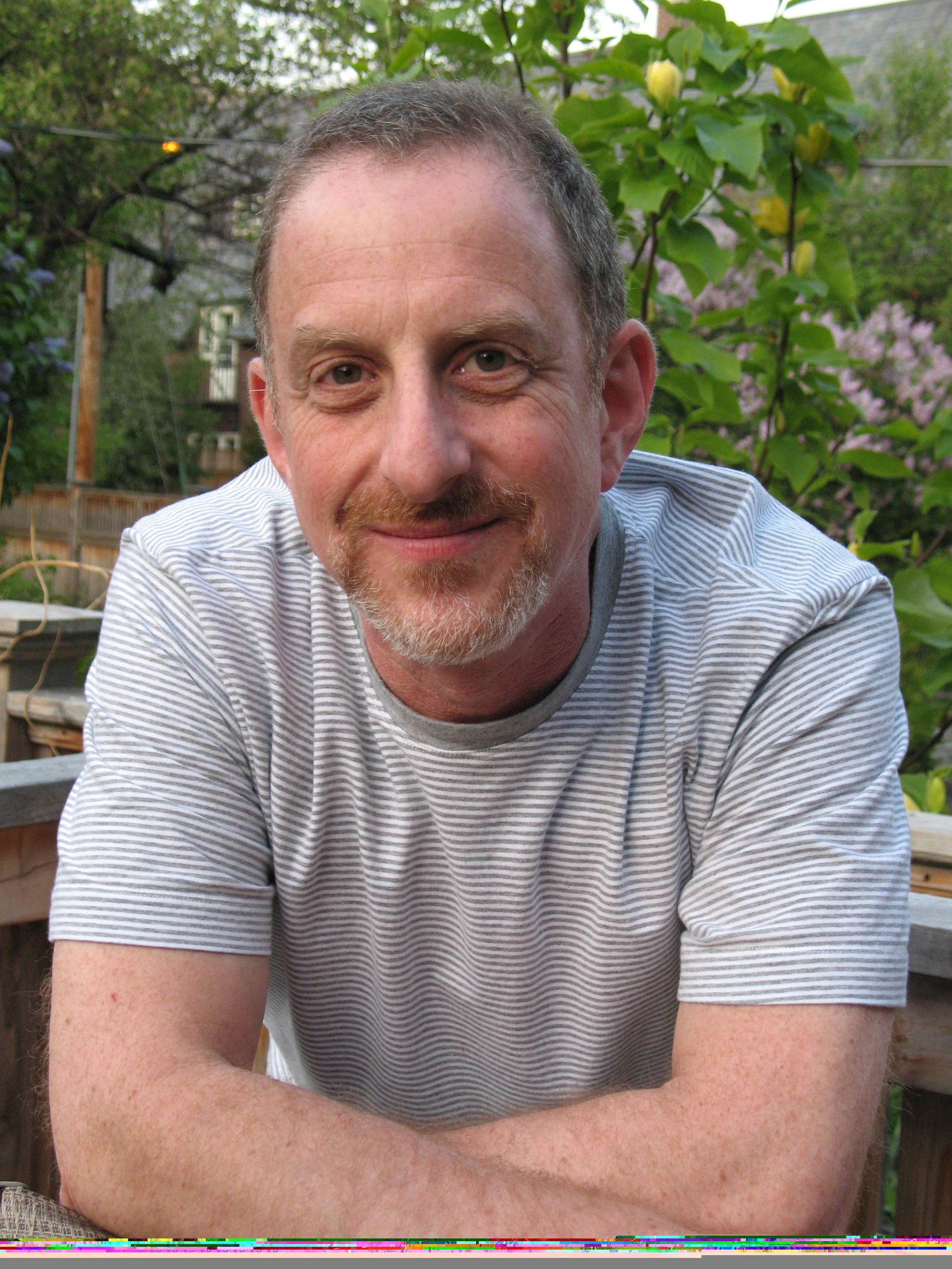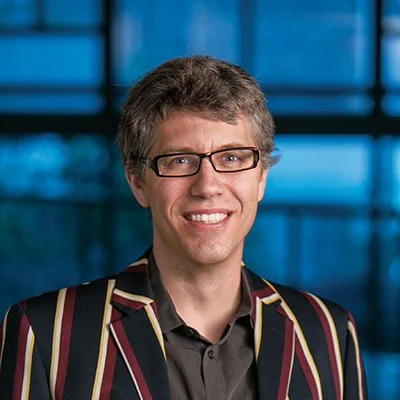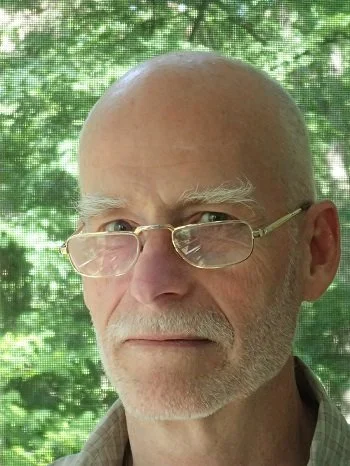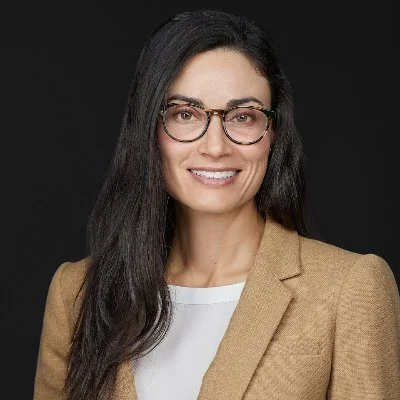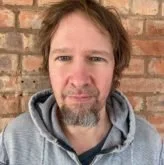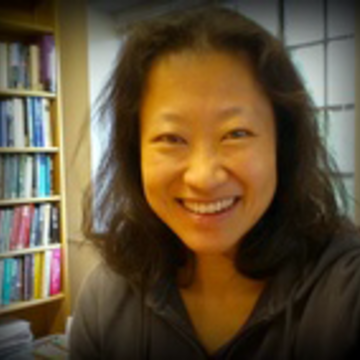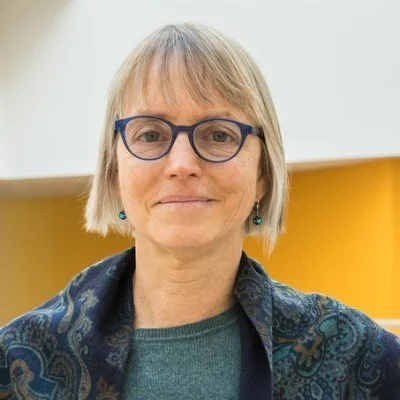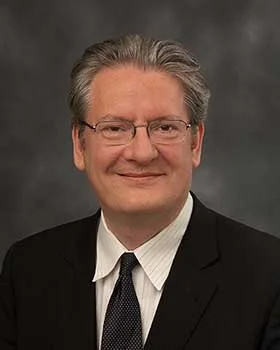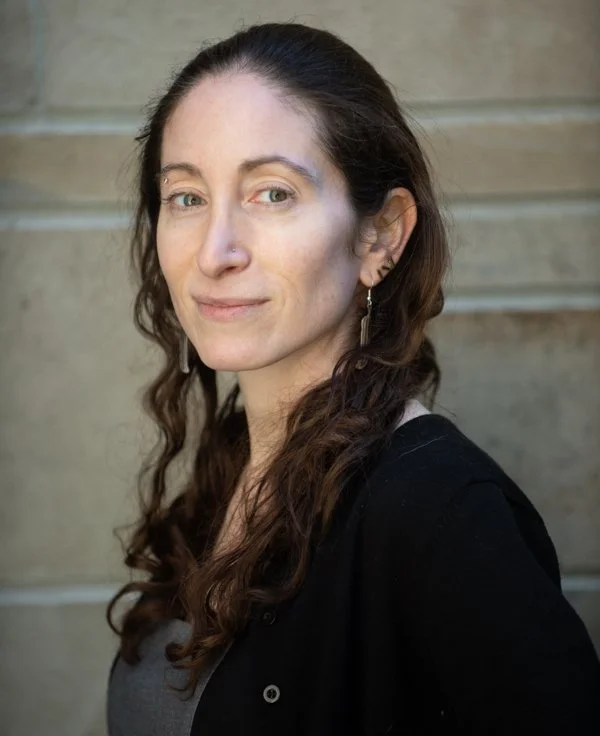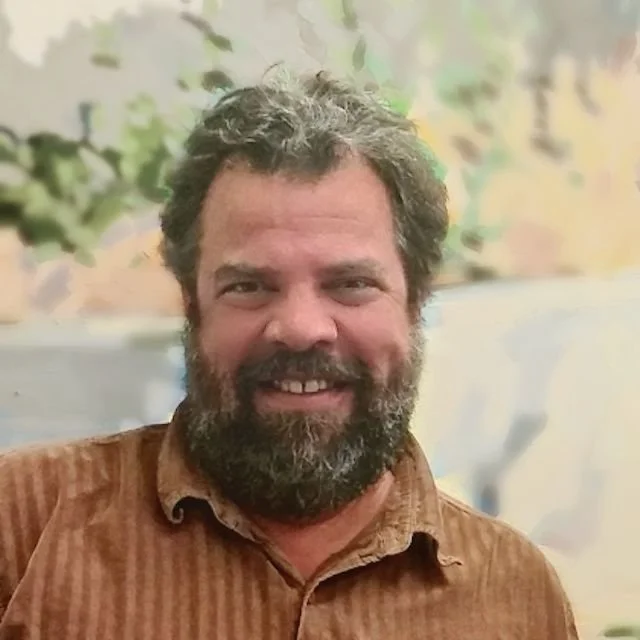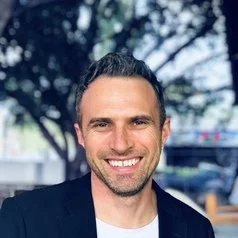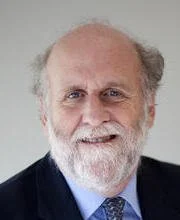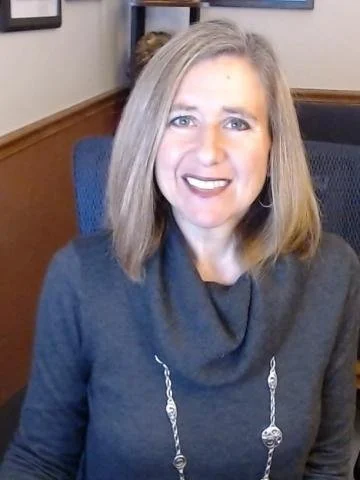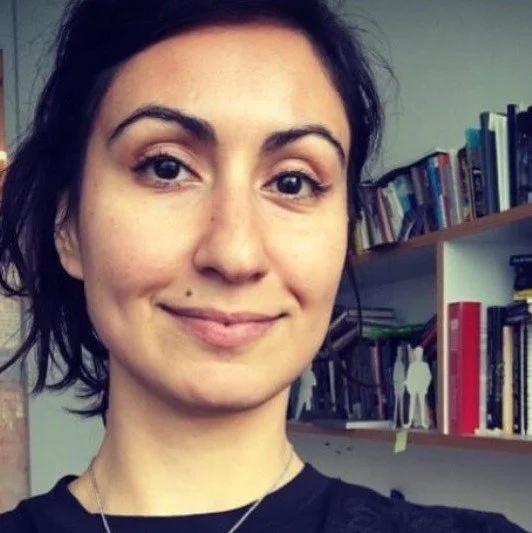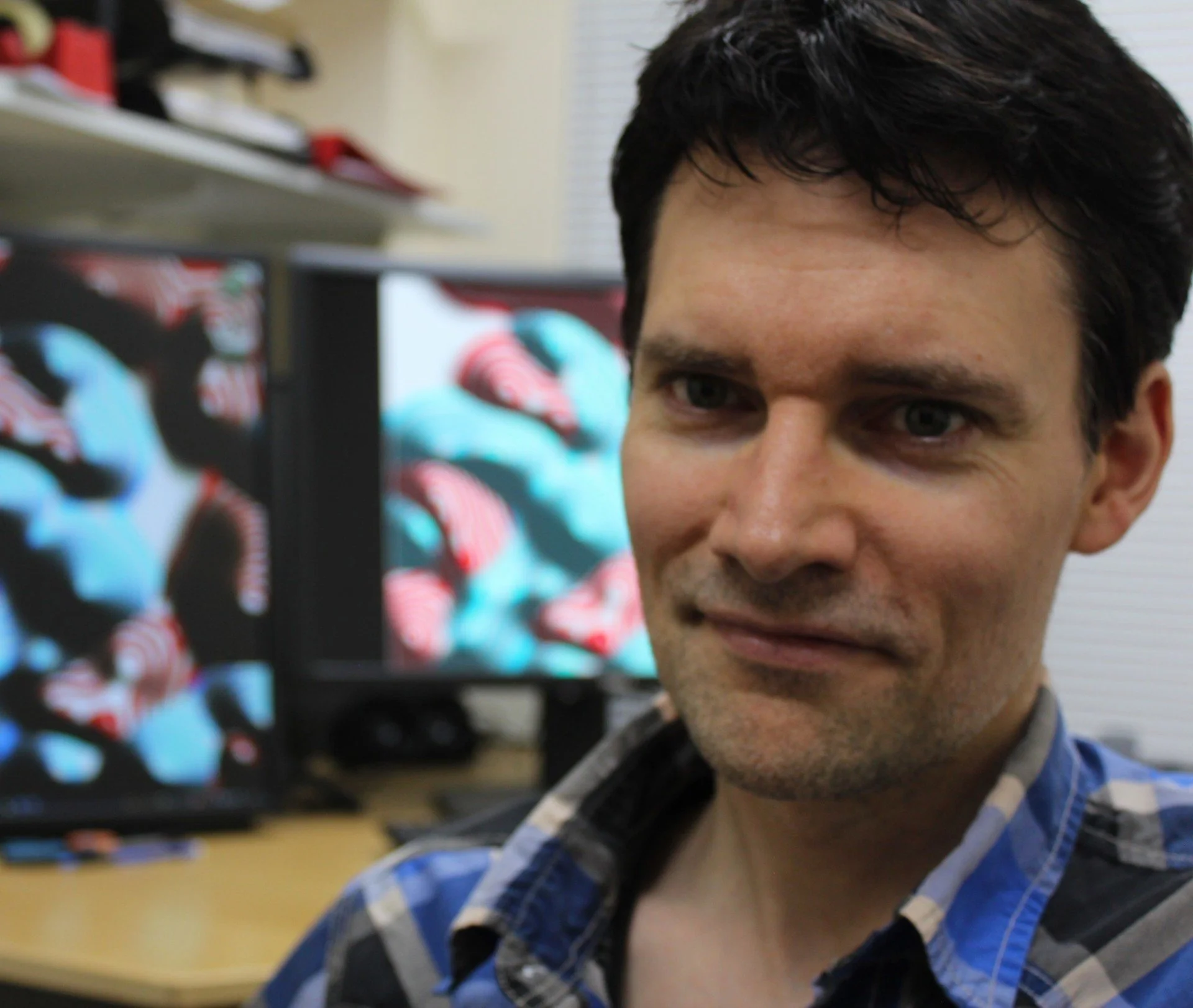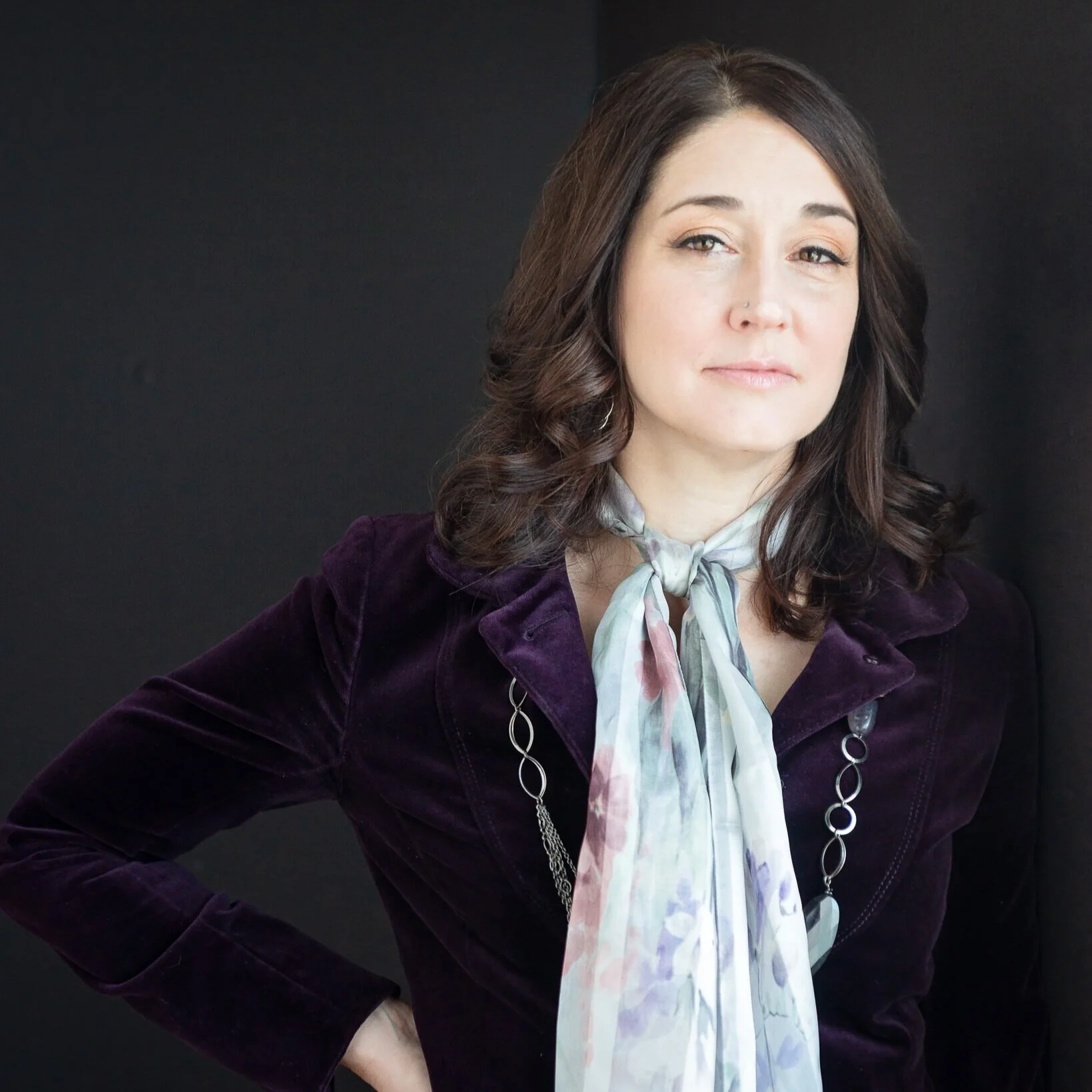Learn about the speakers you will benefit from either during the seminar or at the two-day public conference.
Felipe De Brigard is Fuchsberg-Levine Family Associate Professor of Philosophy at Duke University and core faculty at the Center for Cognitive Neuroscience and the Duke Institute for Brain Sciences. His work has been published in philosophical as well as scientific venues, such as Synthese, Mind and Language, Psychological Science, and Neuropsychologia. He is currently the director of the Imagination and Modal Cognition Lab. His latest work examines the intersection between memory and imagination-particularly counterfactual thinking.
Walter Sinnott-Armstrong is Chauncey Stillman Professor of Practical Ethics in the Department of Philosophy and the Kenan Institute for Ethics at Duke University. He is core faculty in the Duke Institute for Brain Sciences, the Duke Center for Cognitive Neuroscience, and the Duke Center for Interdisciplinary Decision Sciences. His articles have appeared in a variety of philosophical, scientific, and popular journals and collections. His current work is on moral psychology and brain science as well as uses of neuroscience in legal systems.
"Brilliantly organized, with clear, engaging speakers in a well-balanced diet of neuroscience and neurophilosophy, SSNAP was awesome. This sort of summer school has been needed for a long, long time. The harmony and productivity among the students was especially impressive, and the organization brought out the best in everyone. In quality and collaborative spirit, it reminded me of the legendary summer symposia at Cold Spring Harbor Labs.”
Patricia Churchland, UC San Diego
"No one can do philosophy of mind, philosophy of perception or moral psychology in ignorance of the empirical literature. Every student of any of these fields should try to attend such a program.”
Ned Block, NYU
“SSNAP brings together some of the most promising young scholars in philosophy and neuroscience and gives them a common language to promote interdisciplinary collaboration. The program stimulates deep, creative and challenging conversations on the biggest questions facing contemporary research on the human mind. Through its unique seed funding element, the best ideas generated during the course are realized in research projects that continue beyond the course, creating lasting collaborations among future leaders in neuroscience and philosophy.”
M.J. Crockett, Oxford University
“I participated in SSNAP in 2016 and was impressed by the high quality of the discussions and presentations. No one can do philosophy of mind, philosophy of perception or moral psychology in ignorance of the empirical literature. Every student of any of these fields should try to attend such a program.”
Ned Block, New York University
_________
“SSNAP brought together young researchers and experts in philosophy and neuroscience from across the world, creating a dynamic environment for learning and exploration and planting the seeds for a long-term culture of collaboration. I was extremely impressed with the caliber of the students, and their enthusiasm for the program was and remains manifest.”
Adina L. Roskies, Dartmouth
“SSNAP was one of the most enjoyable experiences of my summer last year. Strong scholarship combined with clear communication and expansive good will is a wonderful cocktail(!), which came from all three sides of SSNAP triangle - philosophy, psychology and neuroscience. I highly recommend SSNAP for students and faculty alike.”
William T Newsome, Stanford University
“SSNAP is an extraordinary and novel program bringing together neuroscientists, cognitive scientists and philosophers. I know of no other program that comes close. I must also say interdisciplinary efforts are always talked about but rarely executed. In order for them to be successful they must be lead and guided by example, by people who actually live their intellectual lives by examining multiple complex subjects. The Duke program is chuck full of such people and it shows. The meeting was vibrant and exciting.”
Mike Gazzaniga, UC Santa Barbara
